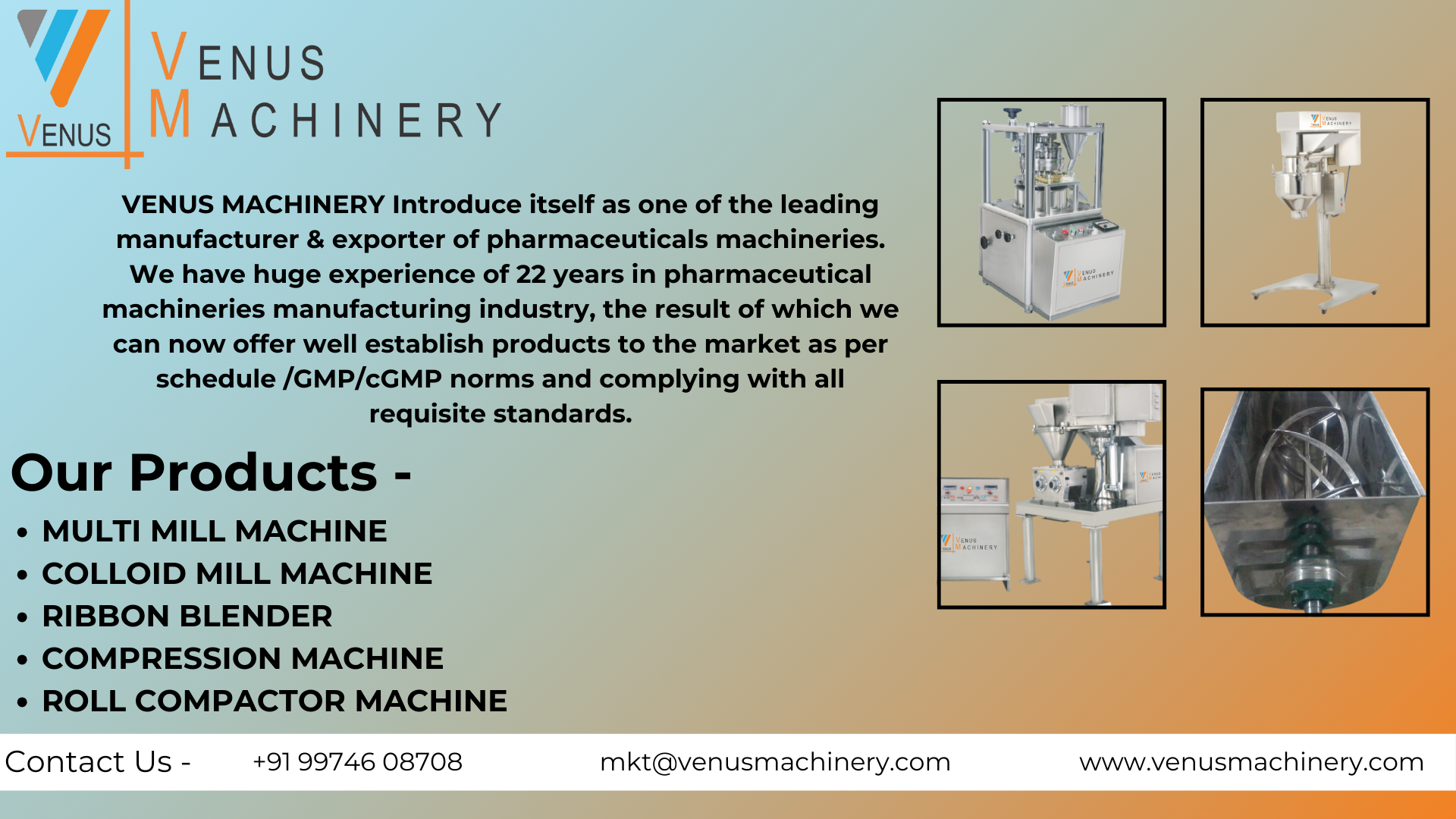Digital Compression Testing Machine

What Is a Digital Compression Testing Machine?
A Digital Compression Testing Machine (CTM) is an advanced laboratory instrument designed to determine the compressive strength of materials such as concrete, cement, and other construction materials. Unlike traditional mechanical machines, digital CTMs offer enhanced accuracy, automated data collection, and user-friendly interfaces.
How Is It Made?
Digital CTMs are meticulously engineered using high-quality materials and precision manufacturing processes:
-
Frame Construction: The load frame is fabricated using high-strength steel to withstand heavy loads and ensure stability during testing
-
Load Cell Integration: A digital load cell is incorporated to measure the applied force with high accuracy.
-
Control System: An embedded microprocessor-based control system is installed to manage test parameters, data acquisition, and display.
-
Software Development: Custom software is developed for test control, data analysis, and report generation.
-
Calibration: The machine undergoes rigorous calibration to ensure compliance with international standards.
Where Is It Used?
Digital CTMs are predominantly used in:
-
Construction Laboratories: For testing the compressive strength of concrete cubes and cylinders.
-
Quality Control Departments: To ensure the quality and consistency of construction materials.Research Institutions: For experimental studies related to material properties.
-
Educational Institutions: In civil engineering departments for academic purposes.
Importance and Significance
-
Accurate Testing: Provides precise measurements of compressive strength, ensuring the reliability of construction materialsCompliance: Helps in adhering to international standards such as ASTM C39, EN 12390-4, and BS 1881.
-
Data Management: Facilitates efficient data storage, retrieval, and analysis for quality assurance.
-
Automation: Reduces human error by automating the testing process and calculations.
Advantages
-
Enhanced Accuracy: Digital sensors and control systems ensure high precision in measurements.
-
User-Friendly Interface: Touchscreen displays and intuitive software make operation straightforward.
-
Data Storage: Ability to store multiple test results for future reference and analysis.
-
Remote Monitoring: Some models offer connectivity options for remote monitoring and control.
-
Compliance with Standards: Designed to meet various international testing standards.
Key Features
-
Load Capacity: Ranges from 200 kN to 3000 kN, suitable for different testing requirements.
-
Display: Digital LCD screens with graphical representation of load vs. time.
-
Control System: Microprocessor-based control with menu-driven operations.
-
Data Output: RS232 or USB ports for data transfer to PCs or printers.
-
Safety Features: Overload protection, emergency stop buttons, and safety doors.
Frequently Asked Questions (FAQs)
Q1: What materials can be tested using a digital CTM?
A1: Primarily concrete cubes and cylinders, but some models can also test other construction materials.
Q2: How is the machine calibrated?
A2: Calibration is performed using certified calibration blocks and following standard procedures.
Q3: What standards do digital CTMs comply with?
A3: Common standards include ASTM C39, EN 12390-4, and BS 1881.
Q4: Can the machine store test results?
A4: Yes, most models have memory storage for multiple test results.
Q5: Is training required to operate the machine?
A5: Basic training is recommended to ensure proper operation and safety.
Conclusion
Contact:-+91 99746 08708
Gmail:-mkt@venusmachinery.com
Website:-https://venusmachinery.com/
Our Blogs
- Fluid Bed Dryer Exporter from Ahmedabad
- SS Fluid Bed Dryer Manufacturer
- Fluid Bed Dryer for Pharma Industry
- GMP Fluid Bed Dryer Manufacturer in Ahmedabad
- Heavy-Duty Compression Machine Supplier in Gujarat
- Compression Machine for Concrete Testing in India
- Automatic Compression Testing Machine (CTM)
- Digital Compression Testing Machine
- Best Compression Testing Machine Supplier in India
- Top Compression Machine Manufacturer in Gujarat
- Compression Machine Exporters from Ahmedabad
- Compression Testing Machine Manufacturer in India
- Hydraulic Compression Machine Manufacturer in Ahmedabad
- Deburring and Dedusting Machine Manufacturer in India
- Lab Testing Compression Machine Ahmedabad
- Fluid Bed Dryer for Powder Drying in India
- Leading Compression Machine Manufacturer in Ahmedabad
- Top Fluid Bed Dryer Manufacturer in India
- Leading GMP Oscillating Granulator Machine Manufacturer
- Pharmaceutical Fluid Bed Dryer Manufacturer
- Stainless Steel Oscillating Granulator – Ahmedabad
- Fluidized Bed Dryer Supplier Gujarat
- Industrial Fluid Bed Dryer in Ahmedabad
- Oscillating Granulator for Pharma Industry
- Fluid Bed Processor Supplier in India
- SS Oscillating Granulator Exporter from Ahmedabad
- Fluid Bed Dryer Manufacturer in Ahmedabad
- Dust Extractor Machine Supplier
- Roll Compactor Manufacturers
- Ribbon Blender Manufacturer in Ahmedabad
- Electric Roll Compactor Machine Manufacturer in India
- Roller Compactor Machine for Pharmaceutical Industry
- Vibro Sifter Manufacturer in Mumbai
- Vibro Sifter Manufacturer in Ahmedabad
- Sintex Water Tank Manufacturer
- Vectus Water Tank Price 1000 Ltr
- 500 Litre Liquid Storage Tank Manufacturer
- Vibro Sifter Machine Manufacturer in India
- Liquid Storage Tank Manufacturer near Naroda, Ahmedabad
- Oscillating Granulator Machine Manufacturer
- Liquid Storage Tank Manufacturer near Ahmedabad, Gujarat
- Industrial Vibro Sifter Machine Manufacturer
- Horizontal Drive Manufacturer
- Vibro Sifter Working Principle
- Vibro Sifter Manufacturer in India
- Industrial Multi Mill Machine
- Multi Mill Machine Manufacturers
- Dust Extractor Machine Manufacturers
- Mass Mixer Machine Manufacturers
- Rapid Mixer Granulator (RMG) Sensors
- Double Cone Blender Manufacturers in India
- Colloid Mill Machine Manufacturers in Maharashtra
- Rapid Mixer Granulator (RMG) – Capacity Guide
- Colloid Mill Machine Manufacturers in India
- Rapid Mixer Granulator principal (RMG)
- Roll Compactor Machine Manufacturer in Ahmedabad
- Rapid Mixer Granulator (RMG)
- Industrial Roll Compactor Machine Manufacturer Solutions
- Roll Compactor Manufacturers in India
- Double Cone Blender Construction
- Small Roll Compactor Machine Manufacturer in India
- Roll Compactor Manufacturers in India
- Double Cone Blender – Pharmaceutical
- Double Cone Blender Manufacturer Near Me
- Ribbon Blender
- Cone Blender
- Octagonal Blender
- Camphor Machine
- Compression Machine
- Deburring and Dedusting Machine
- Tablet Machine
- Roll Compactor Machine
